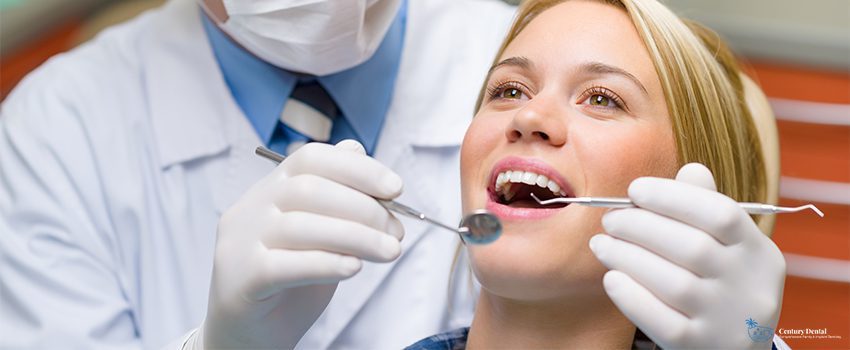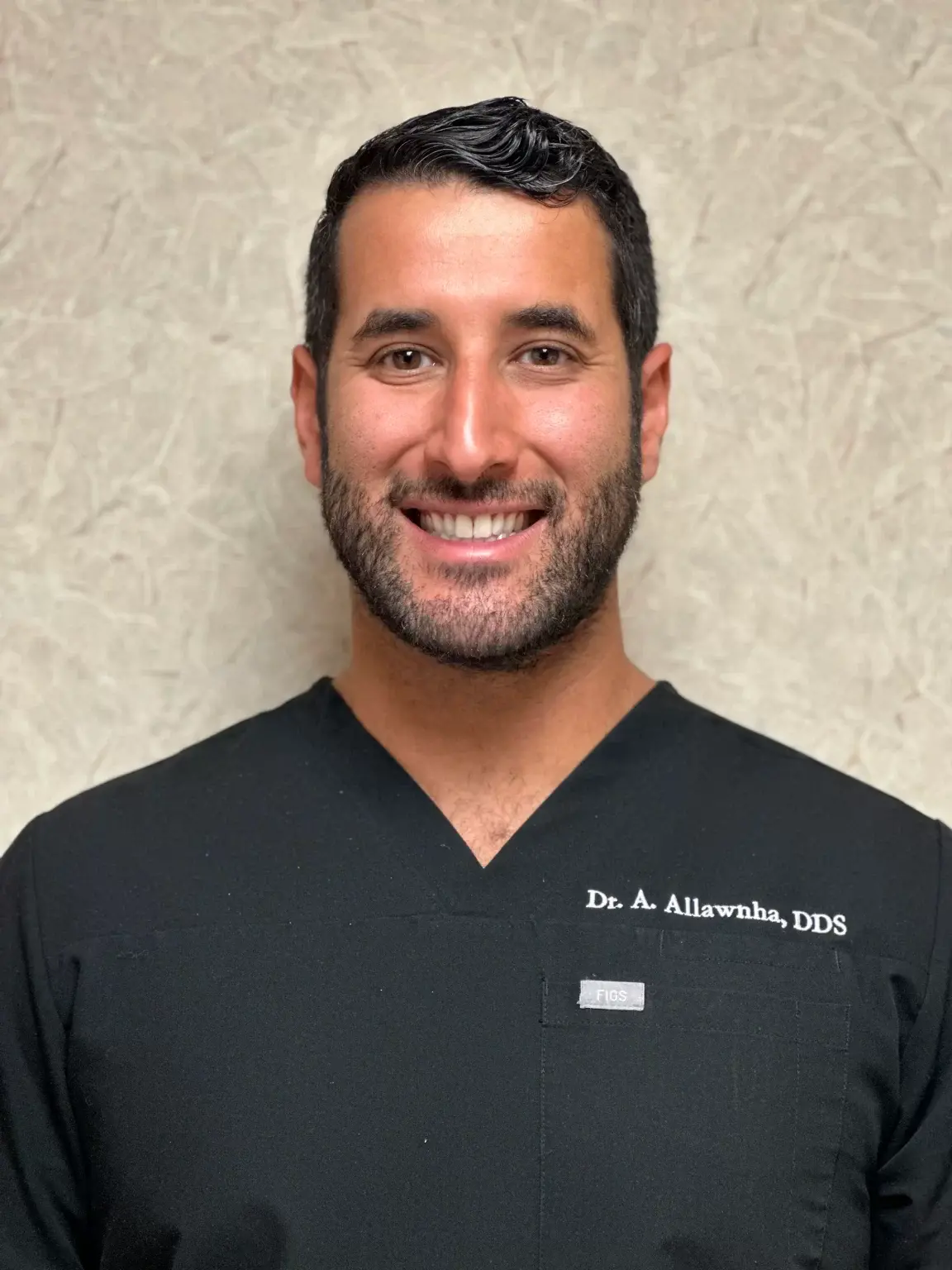Without a doubt, our teeth are one of the strongest parts of our body. However, improper dental hygiene, poor diet, and aging contribute to their deterioration which leads to a loss of minerals. However, it is possible to remineralize teeth the natural way. Doing so assures that they will last for a long time.
Tooth enamel is made up of calcium and phosphate. These minerals are responsible for preventing tooth decay and protecting the inner layers of the teeth from discoloration. However, the enamel on our teeth diminishes due to several reasons. Fortunately, with dental remineralization, we can replenish and strengthen our weakened tooth enamel.
Teeth remineralization and demineralization constantly happen. By visiting your dentist, you’ll learn what appropriate treatment and lifestyle changes can help remineralize teeth and counterattack demineralization before it leads to a serious dental condition.
How Do Teeth Loose Minerals?
The hardest tissue in the body is the tooth enamel. It protects the teeth from damage when biting, chewing, grinding, or crunching food. It also helps insulate the nerves in the mouth from constant temperature changes. Once the enamel wears off, the teeth may become sensitive to hot or cold foods and beverages.
The primary culprit for the teeth enamel to demineralize and erode is the acids in our diet. The acidity of the mouth creates the perfect environment for bacteria to thrive, which subsequently leads to plaque buildup and tooth decay.
Erosion of the enamel is caused by an unhealthy lifestyle and certain health conditions such as:
- Drinking acidic fruit drinks and sodas with lots of phosphoric acid and citric acid without regularly cleaning the teeth
- Eating too much sour foods and candies
- Dry mouth or reduced saliva flow, which prevents tooth decay by washing away cavity-causing bacteria in the mouth
- High sugar and starch diet, which promotes tooth decay
- Gastroesophageal reflux disease (GERD) and gastrointestinal problems can cause stomach acid to come up the mouth and damage the enamel
- Taking medications (vitamin C, aspirin, or antihistamines) without rinsing the mouth with water
- Certain genetic conditions, such as amelogenesis imperfecta, a genetic disorder affecting the appearance of the teeth
Environmental Causes of Tooth Erosion
Physical stress such as friction, corrosion, wear, and tear can also contribute to the demineralization of the tooth enamel. Some of these mechanisms that damage rather than remineralize teeth are:
1. Abrasion
This occurs when the tooth enamel physically wears off due to external forces like brushing the teeth too hard, biting on hard objects, using teeth to open bottle caps, chewing on pen tips, or flossing incorrectly. Signs of tooth abrasion can take a long time before they show. Over time, the inner layers of the teeth became visible. Prolonged abrasion may cause notches to show along the gum line.
2. Abfraction
The wedge-like damage between the teeth and gum line is caused by abfraction. This loss of tooth structure can be a result of multiple contributing factors, such as long-term stress from teeth grinding, flexing, or bending. Incidence of tooth abfraction becomes prominent with age, usually between ages 20 and 70.
3. Attrition
Dental attrition is the result of tooth-on-tooth friction when clenching or grinding teeth. This structural teeth damage is common in people with bruxism. Due to their hypertonicity, they involuntarily grind or clench their teeth during sleep. If not treated early on, dental attrition may wear away enamel, exposing the dentin and leading to tooth decay and sensitivity.
4. Corrosion
Dental corrosion can either occur chemically or mechanically. Chemical corrosion happens when the teeth react with acidic content, such as with medications or highly acidic foods.
Stress corrosion, on the other hand, is common with dental cosmetics, specifically those made from metals. Excessive rubbing of the tooth surface with a metal prosthesis can cause localized stress on the teeth, forming chips and cracks.
When to Remineralize Teeth Naturally
Signs of tooth demineralization may vary depending on the stage. However, these signs indicate that it’s high time we remineralize teeth naturally.
1. Sensitivity to Temperature
Worn tooth enamel may expose tooth roots, leading to painful sensitivity when hot or cold food and drink gets in contact with it. With sensitive teeth, it can be difficult to perform activities such as brushing, eating, or drinking due to a sudden twinge of sharp, temporary pain.
2. Tooth Discoloration
Tooth erosion may expose the dentin and make the teeth look yellow. Tooth discoloration is often caused by aging, but dental habits such as smoking and eating staining foods can exacerbate the discoloration of the teeth.
3. Cracked or Chipped Tooth
As the enamel erodes, the surface of the teeth becomes jagged and more vulnerable to disfiguring. Once the teeth demineralize, any forceful blow or excessive pressure can cause cracking or chipping.
4. White Spots
Discoloration like white blotches may develop when the teeth don’t have enough enamel. White spots can also be a symptom of a more serious dental condition, such as enamel hypoplasia, an enamel defect occurring when the cells comprising the outer layer of the teeth become disturbed, preventing the proper development of the enamel.
5. Teeth Cupping
Dental cupping is characterized by small dents or cups developing within the teeth or on the tooth surface. It is a rare form of corrosion, which can be problematic for one’s overall oral health. Once the erosion reaches the dentin, the deterioration can weaken the enamel layer, causing it to collapse.
How to Remineralize Teeth Naturally
Can you remineralize teeth? Definitely! Aside from adopting good dental hygiene, you can help naturally remineralize teeth by maintaining a healthy lifestyle.
However, once the teeth have been damaged beyond repair, they will never undergo natural remineralization. Always seek professional advice from your trusted dental provider regarding the treatment measures you can take to fortify your enamel and keep your teeth free from serious dental health conditions.
How to remineralize teeth naturally? Find the answers here:
1. Brush the teeth.
Simply brushing the teeth regularly can go a long way in helping remineralize teeth naturally. It can prevent bacterial growth, which encourages mineral loss and cavities in the mouth. According to the American Dental Association (ADA), brushing the teeth for two minutes can help minimize the risk of developing gum diseases and other dental health conditions.
2. Use fluoride products.
One way to remineralize teeth is to use fluoride. The ADA recommends brushing with fluoride toothpaste to strengthen the teeth and keep them safe from future mineral loss. Always check if the toothpaste you use contains fluoride.
3. Maintain a sugar-free diet.
The best way to remineralize teeth is to avoid sugary foods. Growing up, we were constantly reminded to reduce our sugar intake for a good reason, one of which is to prevent the bacteria from thriving in our mouth and breaking down the tooth enamel. A previous study actually found that eating even small amounts of sugary foods can lead to teeth demineralization.
4. Lessen the consumption of dairy products.
It is true that dairy products like milk and cheese are natural sources of calcium, which our body needs. However, traditional milk products contain lactose, which can increase the acid content in our mouths. The truth is lactose is another type of sugar.
To limit our dairy product intake, we can opt to consume lactose-free milk instead or milk alternatives like almond or soy milk.
5. Consume acidic food and drinks in moderation.
If you’re still wondering how to remineralize teeth, then exclude acidic foods and beverages from your diet to make it easier to naturally remineralize teeth. Switching to low-acidic juice and rinsing the mouth with water can also prevent the wearing of the enamel.
6. Address dry mouth immediately.
Another way to remineralize teeth is to treat xerostomia, commonly termed as dry mouth, and promote sufficient saliva flow inside the mouth. Saliva is an integral component in promoting teeth remineralization as it contains needed phosphate and calcium.
Aside from keeping the mouth moist and allowing proper food digestion, saliva plays the important role of washing away food debris and preventing plaque buildup that can lead to tooth decay and cavities.
How Long Does It Take To Remineralize Teeth?
By now, we’ve answered the questions: can you remineralize teeth, and how long does it take to remineralize the teeth.
The process to remineralize teeth completely may take about three to four months, depending on the severity of the condition. However, once you take the initial steps on how to remineralize teeth naturally, you’ll likely observe improvements on your enamel, such as hardening of the teeth, less sensitivity, and teeth whitening.
Protect Your Teeth From Wearing Away
Treatment for loss of minerals in the teeth enamel depends on many factors. Consult your dentist to learn the best way to remineralize teeth.
If you’re looking for the best dentist in Treasure Island, FL, to advise you on the best method to remineralize your teeth the natural way, visit our friendly dental care team at Century Dental.
At Century Dental, we are dedicated to providing the highest standard of dental treatments and services for many forms of oral ailments, including how to remineralize the teeth. Book an appointment with us today!





